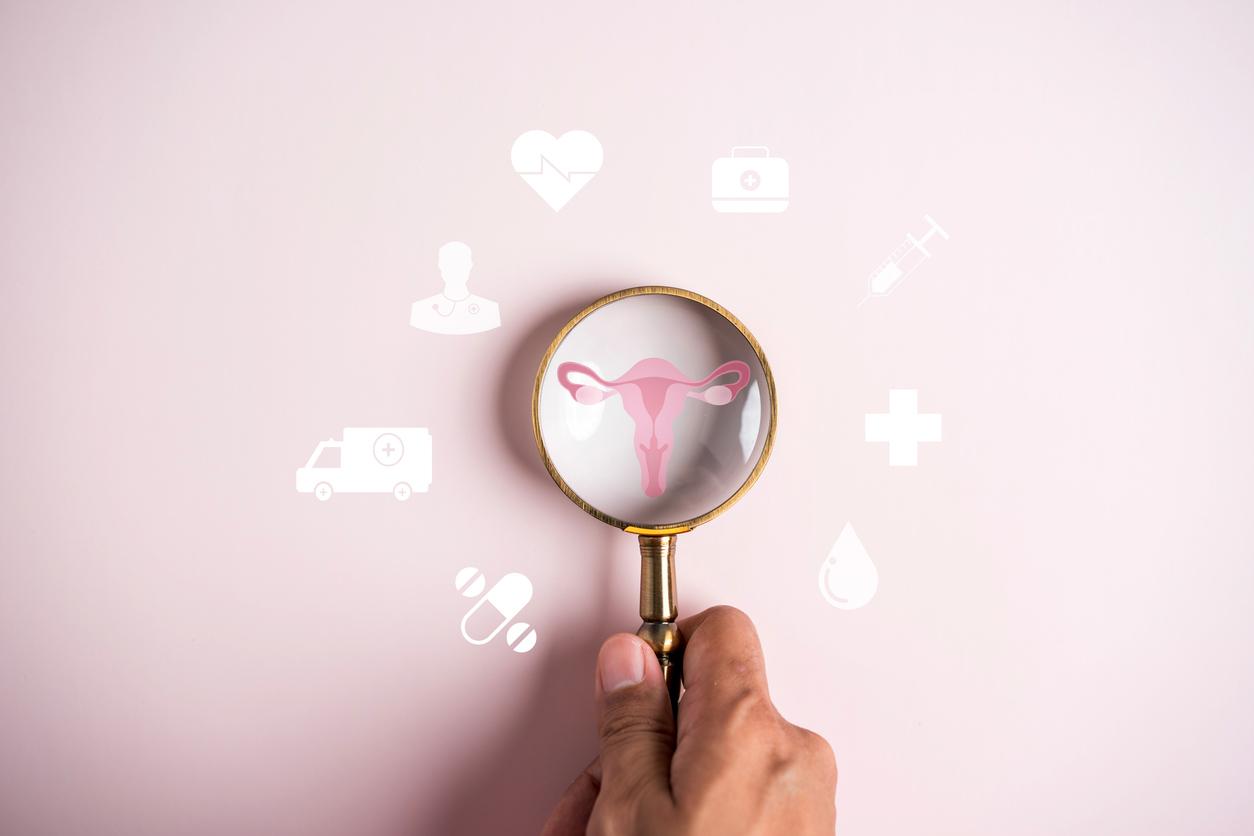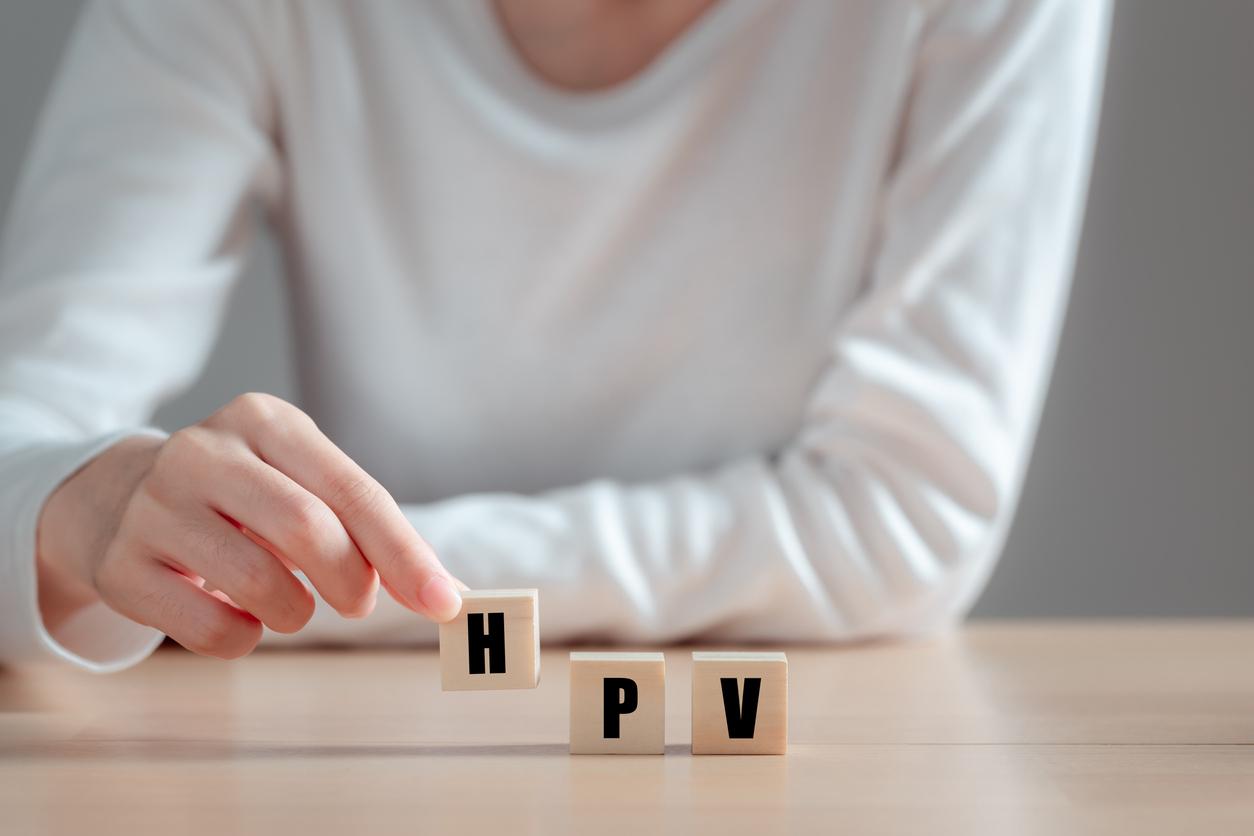uncomfortable and annoying, it is also imprecise. In healthy women, vaginal examination is unnecessary. These are the new recommendations from the American College of Physicians.

An examination that is part of the routine of women is called into question. This 1e July in Annals of Internal Medicine, the American College of Physicians (ACP) Updates Its Recommendations for Routine Vaginal Examinations… and Declares Against. Their review of the literature concludes that such a practice is pointless when the woman shows no symptoms.
Up to 80% embarrassed women
“Routine vaginal examinations have not shown any benefit for women who are symptom-free, at risk, or not pregnant,” concludes Dr. Linda Humphrey, co-author of these recommendations. “It rarely detects serious illness, does not reduce mortality, and it is associated with discomfort for many women, false positive or negative results, as well as increased cost. In the eyes of the CPA, the negative consequences of the review far outweigh its benefits.
Whether or not performing a vaginal exam is not associated with better survival, finds this literature review. Even the accuracy of the test is not sufficient to detect gynecological cancers, so much so that a visual check should suffice to detect cervical cancer or infection with the papillomavirus (HPV).
In contrast, 1 to 6 in 10 women reported discomfort or pain during the exam, and 1 to 8 expressed fear, embarrassment or anxiety. All of this increases the risk that the patient will not make it to the next exam, the study authors point out. Not to mention that the imprecision of this practice can lead to other tests: “False-positive results can lead to unnecessary tests and procedures and add health costs that were not necessary”, analyzes Dr Molly Cooke. , past president of the ACP and member of the Clinical Practice Recommendations Committee.
“More of a ritual” than a beneficial practice
In patients who have no symptoms, no particular risk and who are not pregnant, the vaginal examination is purely and simply unnecessary, concludes the PCA. In some cases – women with vaginal discharge, abnormal bleeding, pain, urinary problems, sexual dysfunction – it might even be inappropriate.
“Vaginal exams have been a major part of women’s health for decades, and it’s more of a ritual than an evidence-based practice,” commented Drs George Sawaya and Vanessa Jacoby, Department of Obstetrics, Gynecology and Reproductive Sciences at the University of California at San Francisco (United States) in an editorial associated with the study.
“In the current state of knowledge, physicians who continue to offer this test should at least be aware of the uncertainty as to its potential benefits and harms associated with false-positive results and the cascade of events that it entails. . “
.
















